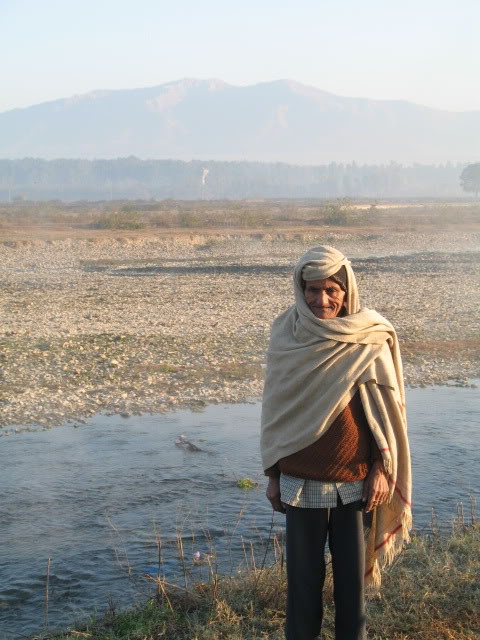The Transformative Processes in the
Context of India
Questioning and Envisioning
Questioning /Envisioning is a transformative process that challenges the view that “social identities and relationships are natural or God-given.” (Matthaei, Brandt 23) Moreover, this transformative process challenges particularly the hierarchal polarity ascription, where usually at birth people are assigned to a category based on their heritage’s race or other features, identity or characteristics.(Matthaei, Brandt 25)
Hypothetical questioning/envisioning processes would be the following:
- Indians of different castes questioning their future determination based on their caste-born category.
- Indians who are not receiving education because they are told that they are not worthy of learning question their position due to the birth into a particular caste.
- Indians questioning the educational opportunities that come with the status of Brahman.
- Women questioning their inferior position in society due to their gender.
- Women questioning their being a target of violence due to their religious association.
- Women questioning their purity and position in society if they were raped during the violence.
- Women questioning their position in the household as inferior due to the biological inferior argument or the child-bearing one.
In terms of particular examples that exhibit questioning/envisioning are:
Gandhi envisioned an India where different castes and religions lived together in harmony where he created an ashram as a small-scale model of this vision.
SOURCES:
Matthaei, Julie and Barbara Brandt. "The Transformative Moment: Part I. From Richard Westra, ed. The Political Economy of the Present and Possible Global Future(s). (New York: Anthem Press, 2009), 23
Matthaei, Julie and Barbara Brandt. "The Transformative Moment: Part II." From Richard Westra, ed. The Political Economy of the Present and Possible Global Future(s). (New York: Anthem Press, 2009), 25.

Movements all over India are questioning the poverty that this man lives in and envisioning a better future for him. (Courtesy of Wellesley student's trip to India)
created by: Amy, Nirali, Maria, Maysa
purpose: Political Economy of Gender, Race and Class, midterm project, spring 2011
provider: Julie Matthaei
date created: 4/3/2010
Last Modified: 4/4/2010
